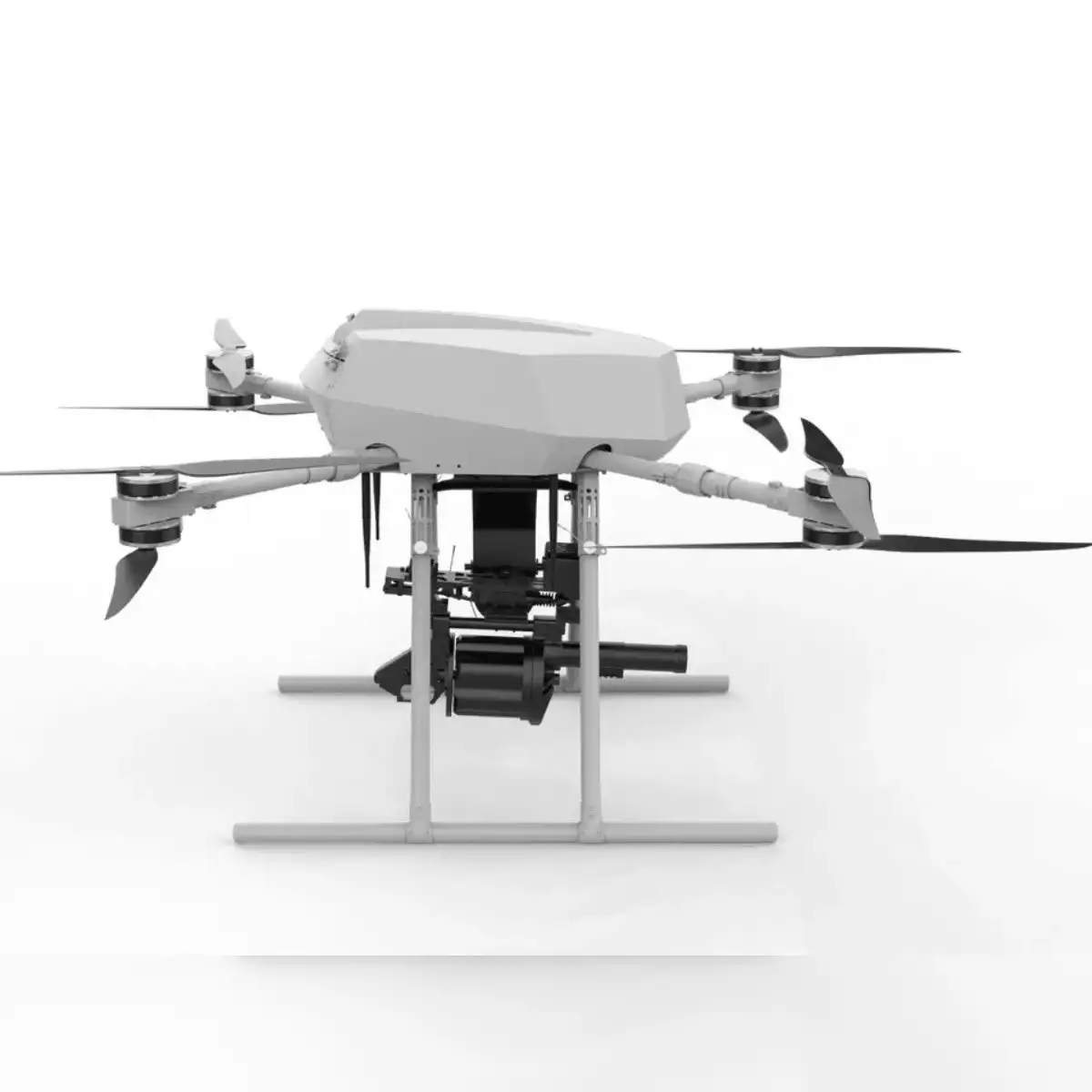In a significant escalation of tensions between India and Pakistan, India has accused Pakistan of employing Turkish-made Songar armed drones in a large-scale attack on Indian military installations during the night of May 8-9. The Indian Air Force (IAF) confirmed this development in a recent briefing from the Ministry of External Affairs (MEA).
Wing Commander Vyomika Singh of the IAF reported that Pakistan executed extensive violations of Indian airspace, launching an assault with 300–400 drones aimed at military infrastructure across 36 locations, stretching from Leh to Sir Creek. The drones used in this assault were identified as Songar UAVs, developed by Turkish defense company Asisguard.
The Songar drones, notable for being the first armed unmanned aerial vehicles to be integrated into the Turkish military, come equipped with NATO-standard 5.56 mm automatic firearms, along with autonomous take-off and landing capabilities, and real-time video transmission features. These drones are designed for both reconnaissance and direct attack missions, enhancing operational effectiveness in rugged terrains and adverse visibility conditions.
In response to this drone offensive, Indian defense forces acted promptly, deploying both kinetic measures, such as interception and neutralization, alongside non-kinetic measures like electronic warfare. According to IAF assessments, no significant damage to infrastructure has been reported, and Indian airbases and assets are considered secure.
This escalation follows Operation Sindoor, initiated by India on May 7, which targeted nine terrorist infrastructure sites within Pakistan and Pakistan-occupied Kashmir (PoK). This operation was a direct response to a recent terror attack in Pahalgam on April 22, where 26 civilians, including a Nepali national, were killed.
The introduction of foreign-manufactured armed UAVs by Pakistan represents a worrying development in the technological landscape of regional warfare. Defense analysts suggest that this could transform the nature of future military confrontations between India and Pakistan, given the increasing reliance on autonomous systems in conflict scenarios.
In light of these heightened tensions, Prime Minister Narendra Modi convened a high-level security meeting with former chiefs of the Army, Navy, and Air Force to evaluate the situation and formulate strategic responses.
As the situation develops, the international community has called for restraint, while India has reaffirmed its commitment to defending its sovereignty and protecting its civilian population from both cross-border terrorism and evolving technological threats.







